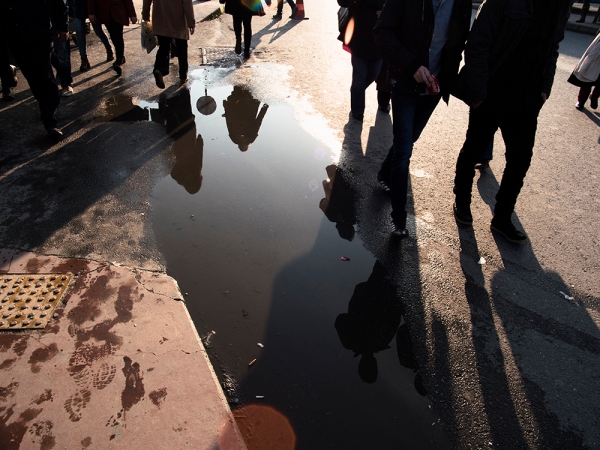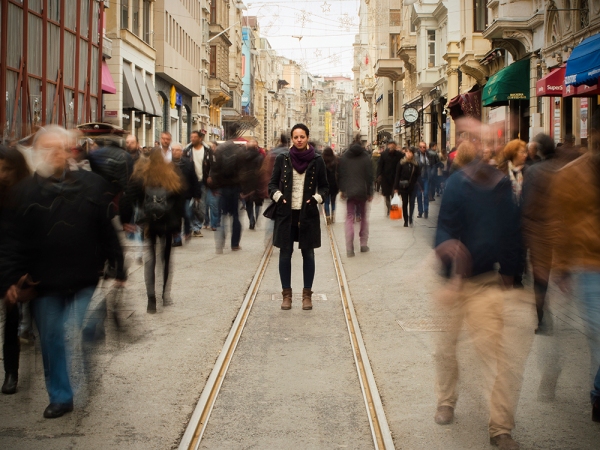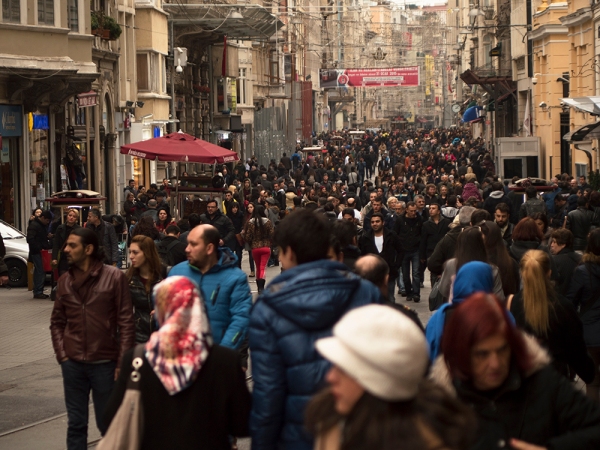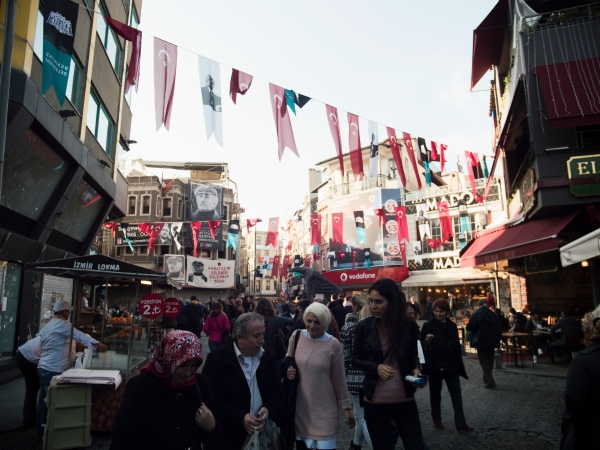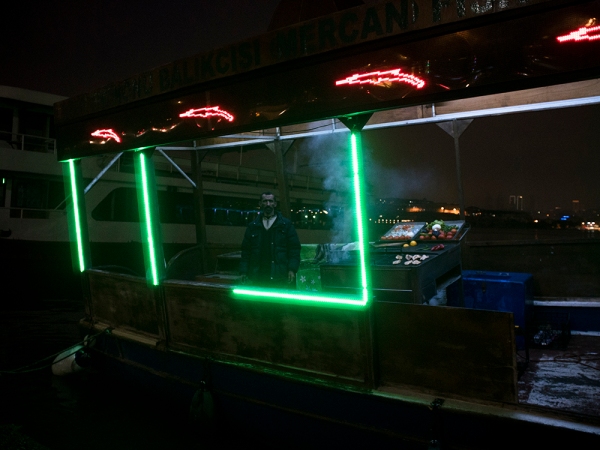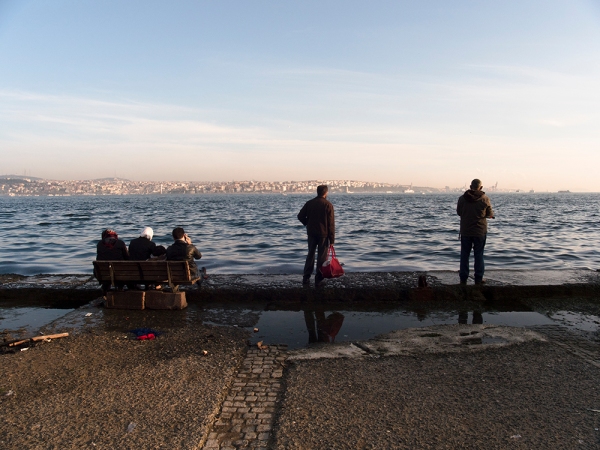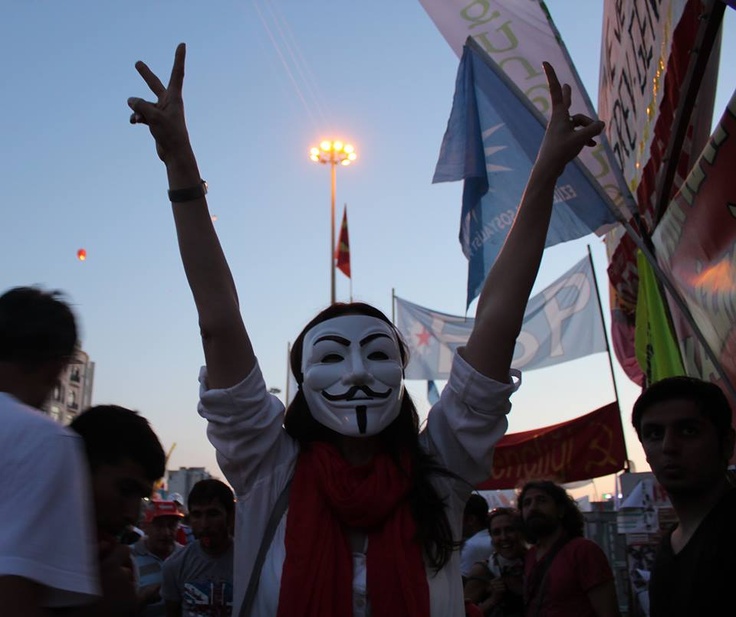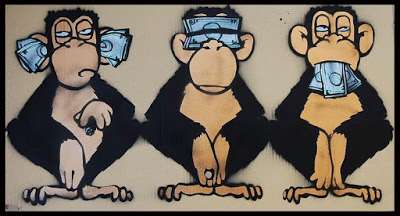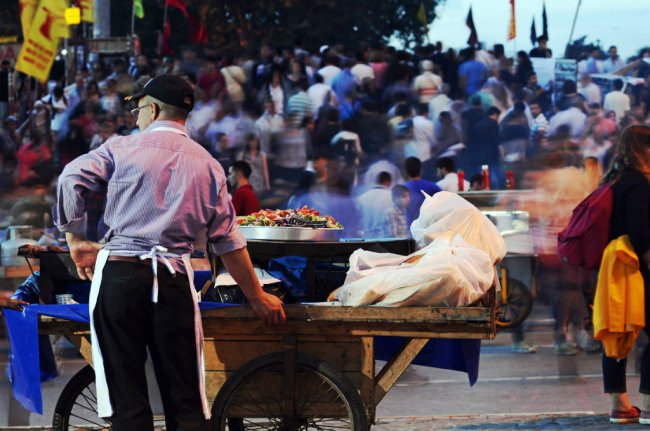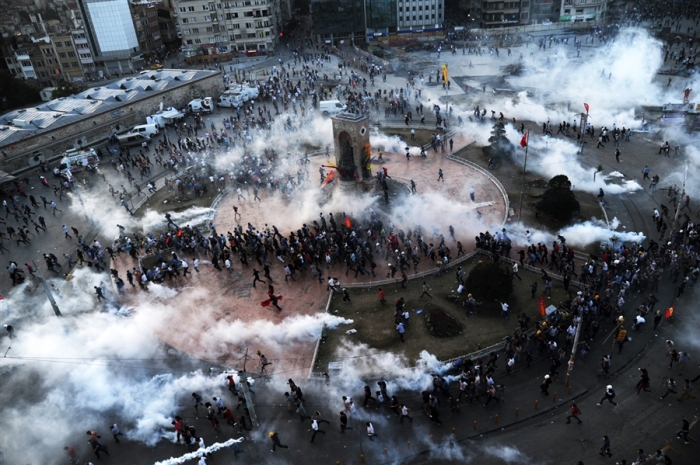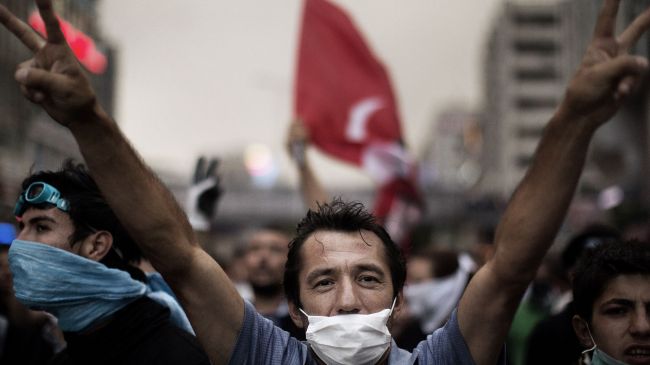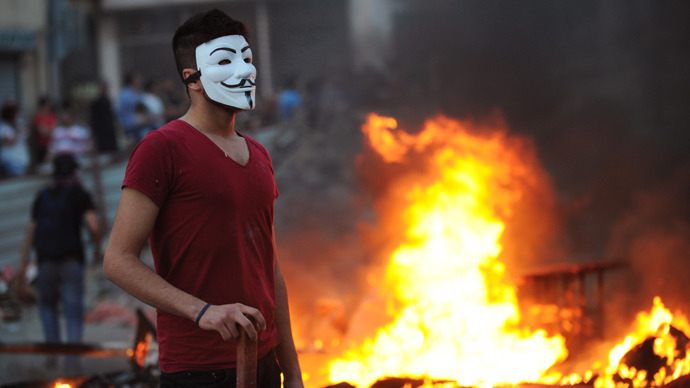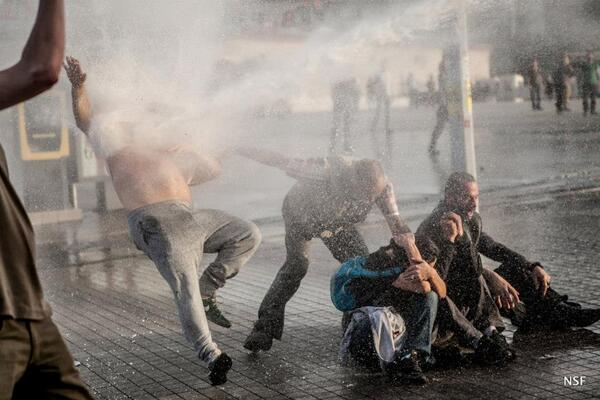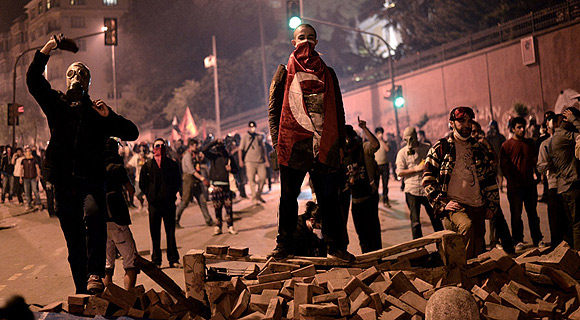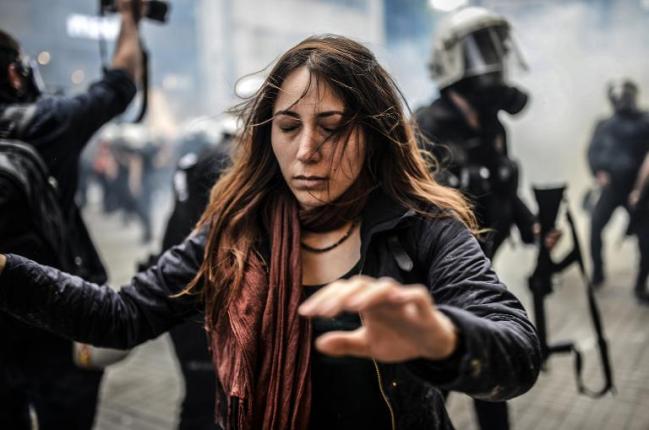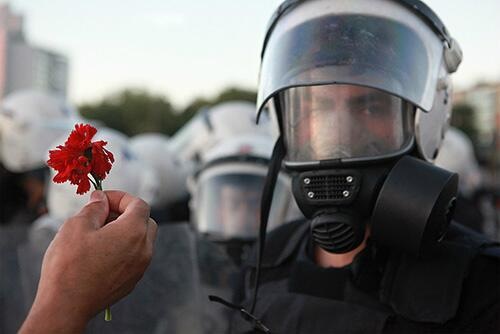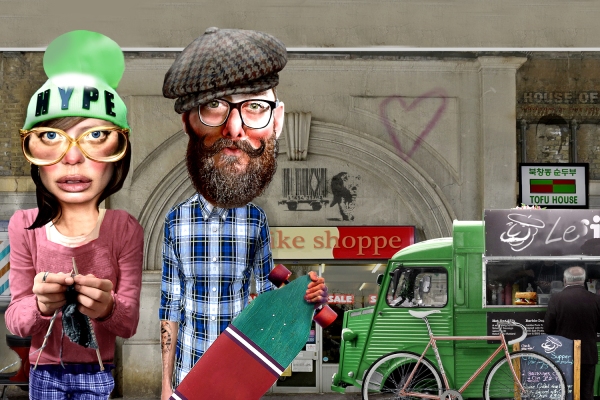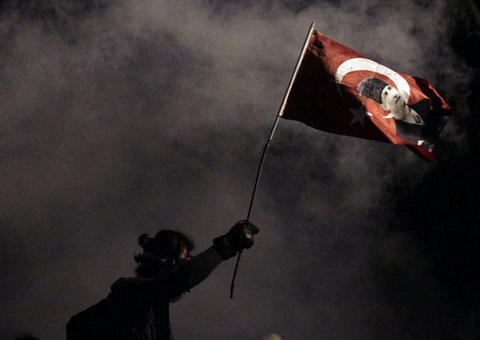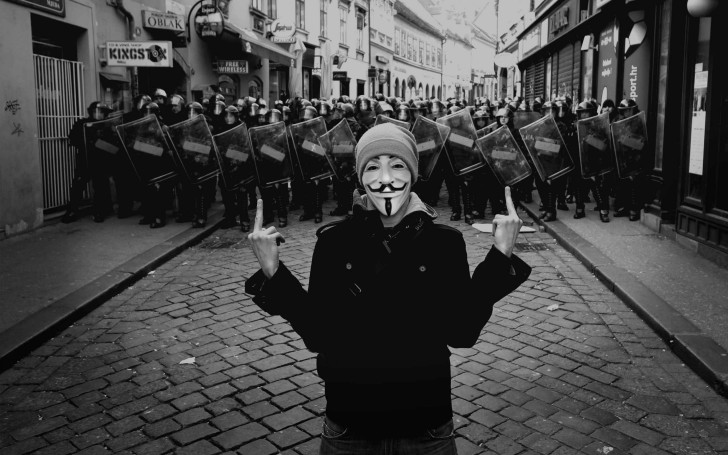Istanbul: They Call it Chaos, We Call it Home
I originally wrote this article for Thinking City – a fantastic, thought-provoking online magazine that discusses the urban experience – where it was published in January.
All photographs: Oliver Zimmermann
The cobbled pavements teem with a buzzing frenzy of people. Tourists, locals, street-sellers and punters create a steady stream of bodies, flowing consistently through the narrow streets of this heaving city.
Whether you love or hate it, Istanbul is without doubt a city that splits opinion. For some, it is an exotic metropolis—steeped in rich history and culture—pulsating with modern life. For others, the city environment is pure chaos. Many local people feel that Istanbul is over-crowded and over-developed; a suffocating and homogenised urban landscape, representative of the negative consequences of capitalist culture. The fact is, both the physical place and conceptual space of Istanbul remains at odds with the sheer quantities of people that inhabit the city; Istanbul is one of the most over-crowded cities in the world with a population of approximately 15 million. The city sprawls over 2,063 square miles, spanning the Bosphorus Strait that separates East and West, forming the largest urban agglomeration in Europe and the Middle East.
For me, this colossal city is the very definition of contradiction. Everything here happens in the extremes and changes rapidly. Around the corner from my flat in Galata, a small independent pop-up shop sells foreign coffee, fair-trade T-Shirts and illustrated posters that read: Istanbul. They call it chaos, we call it home. I buy one to remind myself why I like living amid the pandemonium of this urban space, in all its gloriously paradoxical charm.
Istanbul is a patchwork of dazzlingly busy spaces that never seem to sleep and for this reason it can at times be an exhausting—even claustrophobic—place to inhabit. However, historically Istanbulians have always conducted their business in the open, always out on the street. There is an inherent sense here that outdoor space belongs to the public. The streets are occupied daily with tradesmen selling their wares, exchanging produce and sharing stories. The street is the people’s space. Unlike the common conception of public space in large cities in the Western world, the streets of Istanbul have traditionally been considered as an open playground, within which trade, performance art and food culture thrives.
Turks are not afraid of public displays of emotion, nor are they shy about public appearances. Couples argue passionately in the street, crying and yelling at each other; old men laugh and bellow together while playing backgammon and drinking çay on the roadside; street children sell tissues and chewing gum; food merchants sound their street calls, advertising their wares on every corner. However, despite the vibrancy of Istanbul’s street culture, the outdoor areas of the city remain intimidatingly hectic and over-crowded. The city consistently overflows with people, relentlessly vibrating with noise and energy, and as a result can sometimes feel oppressive.
These days, there is also a strong police presence in central areas of Istanbul. Since the traumatic events of the Gezi Parki protests in Taksim, it has become clear that public spaces are controlled and shaped by anyone but the public. Street culture in Istanbul is being eroded by the threat of police violence and the controversial issue of public space is made more complex by the current government’s totalitarian approach to crowd control in Turkish cities. As a result, citizen’s civil rights—like the right to public assembly, peaceful protest and freedom of speech in the streets—are being slowly eradicated.
Today most Turks rightly feel a sense fear and paranoia about the way the government controls public areas. I still cannot get used to walking amid the multitude of stern faced, uniformed officers, each of them armed with loaded machine-guns, batons and tear gas pistols. The de-humanising effect of over-developed, heavily moderated public spaces—particularly green spaces—under the AKP government has diminished its citizens’ ability to have their say about how public spaces are used and to have their voices heard. There are currently growing rumors that President Recep Tayyip Erdoğan will in fact go ahead with construction in Gezi Parki this year; various Turkish websites state that the government is preparing to push forward with building plans for the original shopping mall, which was the catalyst for the 2013 riots.
For Istanbulians, there is a growing sense of disempowerment within their frenetic urban environment. They have not forgotten the brutality of the Gezi movement, nor have they forgiven their government’s heavy-handed occupation of the streets that previously seemed to belong to the people. Many locals feel constricted by the sheer lack of free space in Istanbul. They say that they find the oppressive urban landscape increasingly depressing. My Turkish friends complain that there are not enough accessible green spaces within the inner-city districts in which to escape the stress of everyday modern city living. They feel there is too much traffic and too many people using public transport, too much noise and construction of shopping malls, not enough street art or open spaces — they say the city is utter chaos.
Yet, perhaps it is not too late for the authorities to reconsider how Istanbul’s public spaces function. Many Istanbulians believe that the government needs to start making ‘green’ choices. A possible solution could be to pedestrianize specific areas of the city and to limit government funding for the unnecessary construction of yet another shopping mall. I personally believe that in order to retain a democratic approach to public space, it must be the job of the government to moderate industry, to control construction and pollution.
Some pro-government supporters argue that the economic boom, made possible by the success of the construction industry, has enabled the city to become a thriving, cosmopolitan player on the world stage. But at what price? According to the Istanbul Metropolitan Municipality, the green area ratio per person here is on average only 6.4 square meters. The standard living space here is made up of chockablock apartments without access to any gardens, or courtyards. Indeed, capitalist industry has meant that Istanbul has fallen victim to relentless, out-of-control development. Today, the metropolis is one of concrete with an ever-rising population. In some districts it is hard to spot a single tree, let alone a park.
Although the international community may regard Istanbul as a great ‘cultural’ destination, the Turkish people who live here feel that their voices are being silenced. They remain deeply concerned about the issue of public space in their ever-growing city. While there are no simple solutions for the various dilemmas posed by living in such a sizeable city, there are also many positives. Istanbul is a multifaceted place, with much to offer us – not to mention the beauty and magnitude of its geographical formation.
If you walk down the hill from Galata, through Karaköy, away from the inner-city chaos and towards the coastline, you can watch sunlight dancing on the Bosphorus and glistening along the silhouettes of mosques scattered across the horizon. Here you can look out over the only truly open space left in Istanbul. Standing by the water’s edge with the commotion of the cityscape at your back, you feel the sea breeze on your skin as you look out over the open water. Here you can get perspective and take a well needed deep breath of fresh air.
All photographs Copyright of Oliver Zimmermann http://www.oliverzimmermann.com/ and all rights reserved
